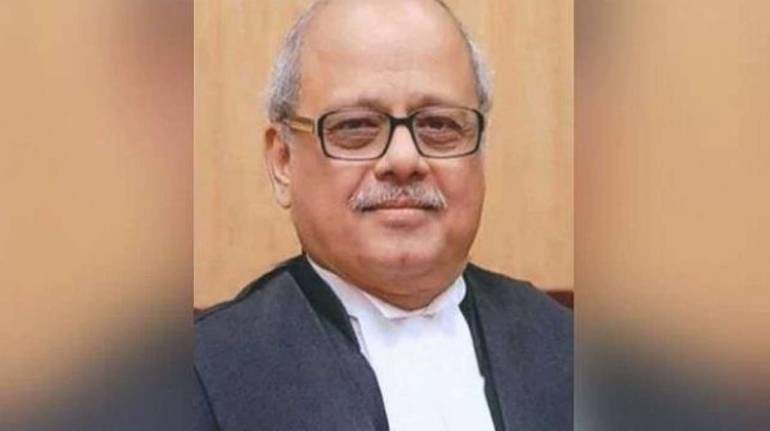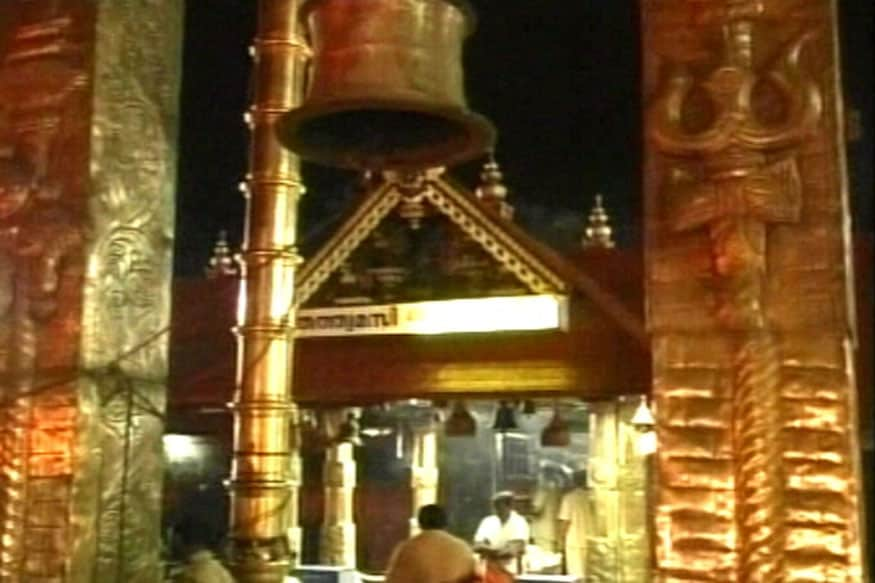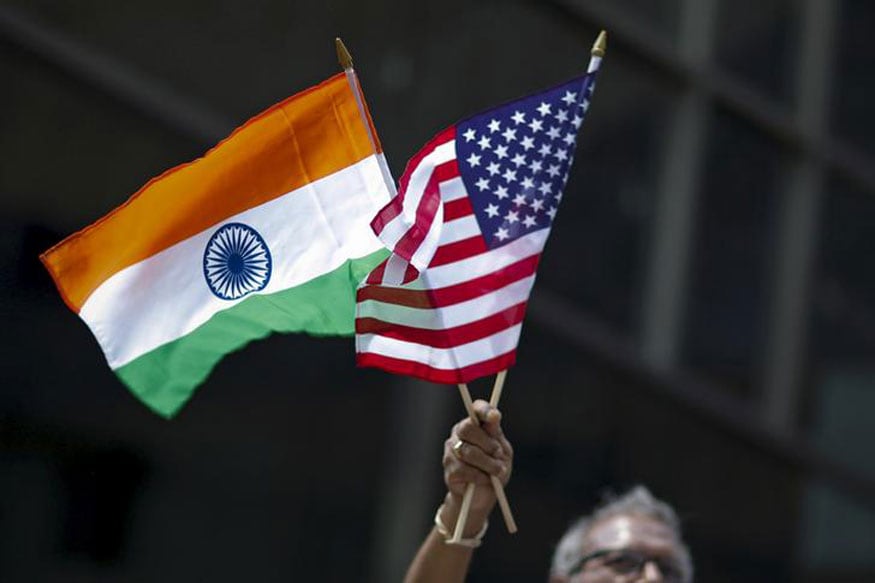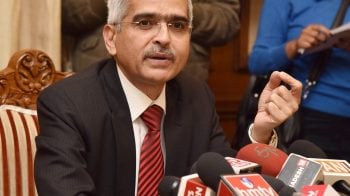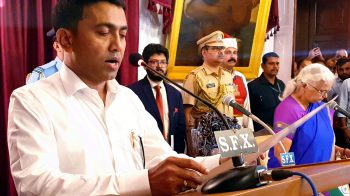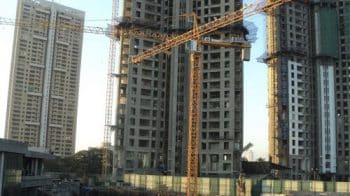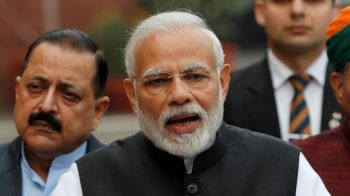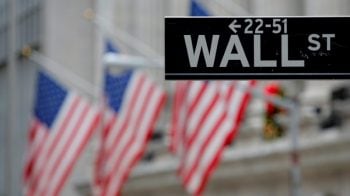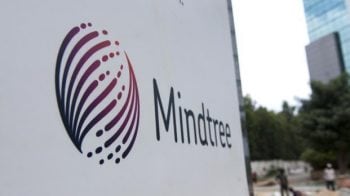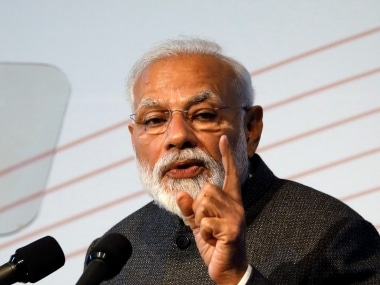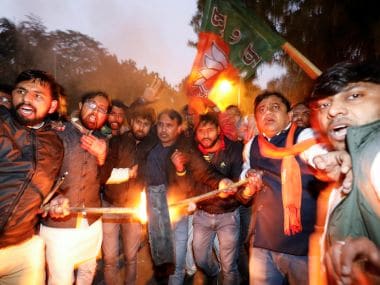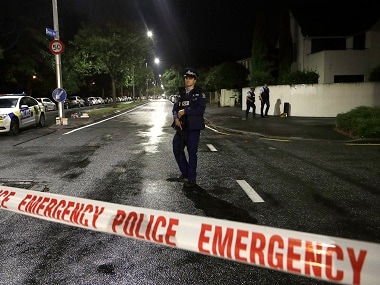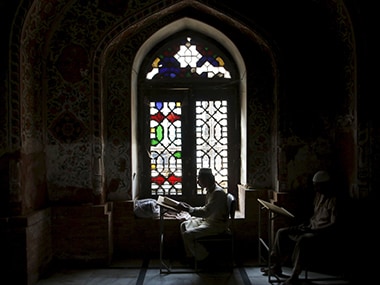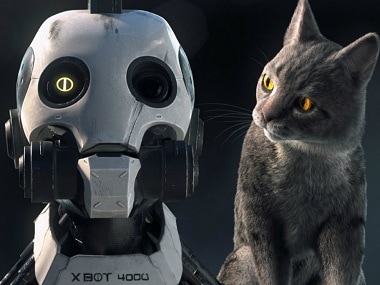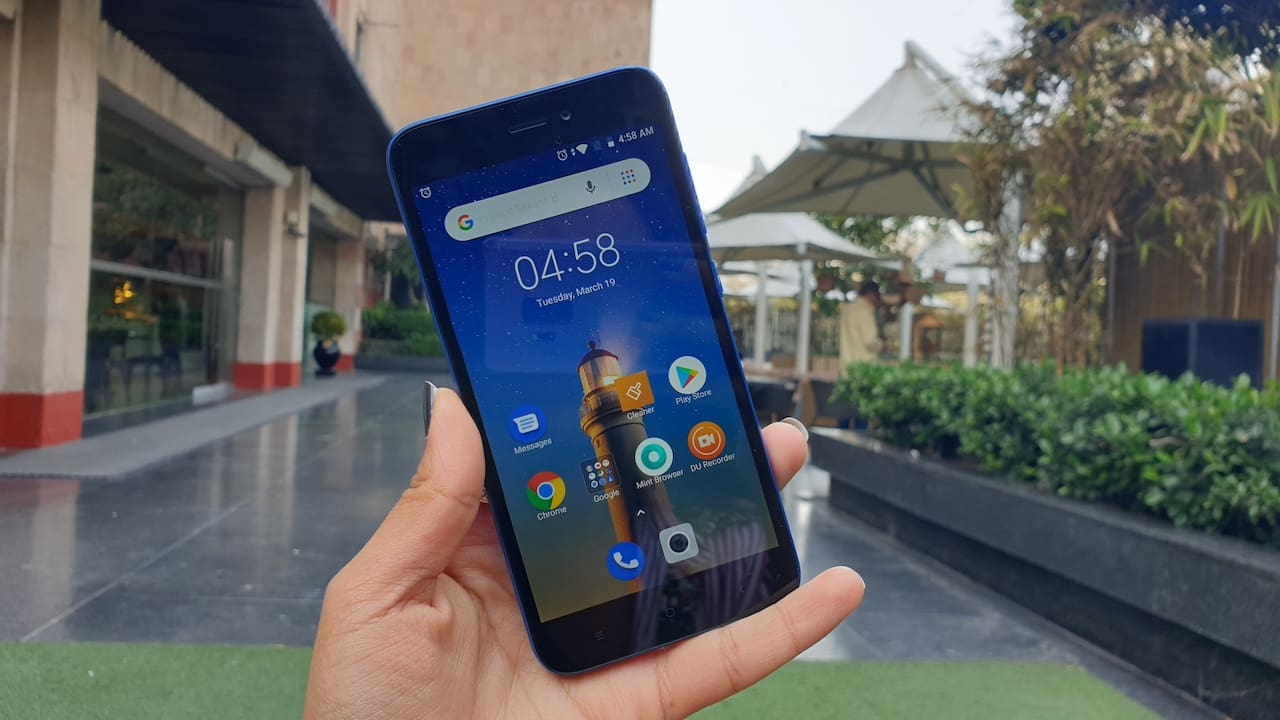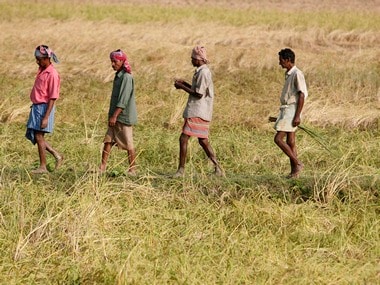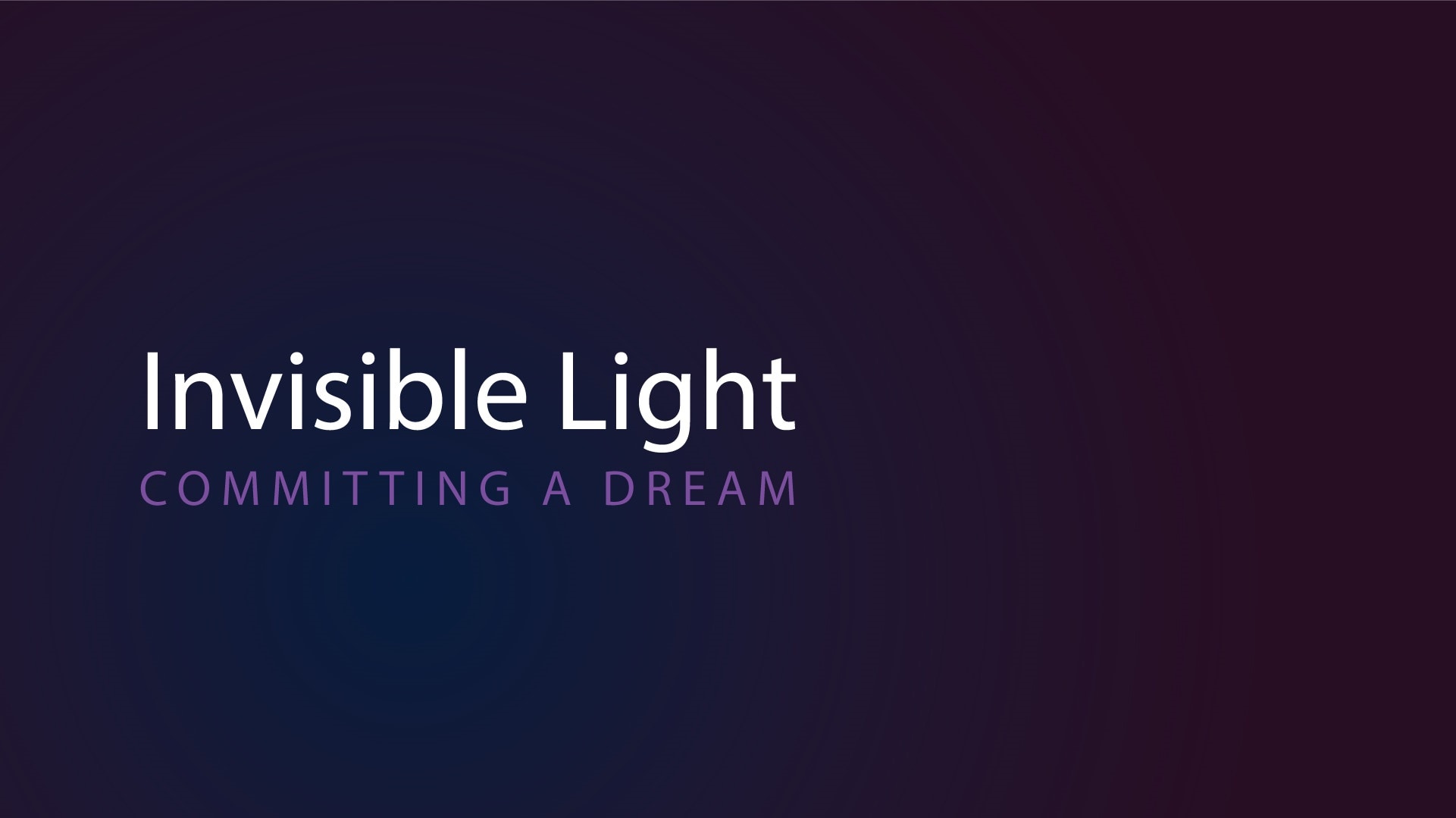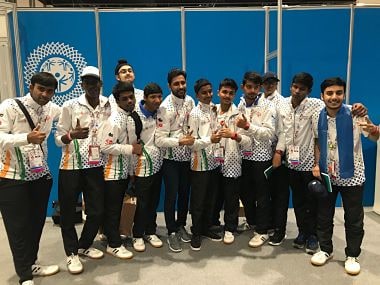The Lokpal and Lokayuktas Act was passed to inquire into allegations of corruption against public functionaries. The act requires setting up of an ombudsman – Lokpal at the Centre and Lokayuktas in the states.
Five years after the Lokpal and Lokayuktas Act received the President’s nod, a high-level committee comprising Prime Minister Narendra Modi and Chief Justice of India Ranjan Gogoi cleared former Supreme Court judge Justice Pinaki Chandra Ghose to head India’s first Lokpal – the national anti-corruption ombudsman.
As per the Act, the Lokpal is to be headed by a chairperson “who is or has been a Chief Justice of India or is or has been a Judge of the Supreme Court or an eminent person… of impeccable integrity and outstanding ability having special knowledge and expertise of not less than 25 years in matters relating to anti-corruption policy, public administration, vigilance, finance including insurance and banking, law and management”.
Justice PC Ghose, known for upholding the conviction and sentencing of VK Sasikala in the disproportionate assets case, seems to be the right man for the job.
Born into a lawyer’s family on May 28, 1952, Pinaki is the son of Justice Shambhu Chandra Ghose, who was a former chief justice of the Calcutta High Court.
He graduated in commerce from St Xavier’s College in Calcutta and later obtained a degree in Law and Attorney at Law from Calcutta University. In 1976, he enrolled himself with the Bar Council of West Bengal, specializing in civil and company affairs.
In 1997, he became a judge of the Calcutta High Court, and in March 2013, he was appointed as a judge of the Supreme Court. He retired from the apex court in May 2017 and has been a member of the National Human Rights Commission (NHRC) since then.
Justice PC Ghose was a part of the Division Bench, along with Justice Amitava Roy, which convicted VS Sasikala, a close aide of former Tamil Nadu chief minister J Jayalalithaa, in the disproportionate assets case. Even though Jayalalithaa was an accused in the same case, charges against her were dropped because she died during the pendency of the case.
Justice Ghose was also a part of the two-judge bench that had banned the centuries-old tradition of jallikattu (bullfighting) in Tamil Nadu.
Another important case handled by Justice Ghose in his stint as a judge of the Supreme Court was directing a trial court in 2017 to proceed against political leaders LK Advani, MM Joshi, Uma Bharti and others for alleged criminal conspiracy in the Babri Masjid demolition case.
Reminiscing his days of working with Justice Ghose, Supreme Court advocate Bikash Ranjan Bhattacharya said he was very friendly towards all lawyers and had an “extremely cool temperament”.
“He was extremely fast in the delivery of judgment and had an extremely good memory. He was an outstanding judge,” Bhattacharya told The Indian Express.
The Lokpal and Lokayuktas Act was passed to inquire into allegations of corruption against public functionaries. The act requires setting up of an ombudsman – Lokpal at the Centre and Lokayuktas in the states. It was enacted in 2013 and received Presidential assent on January 1, 2014.









